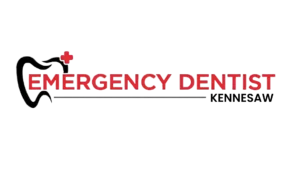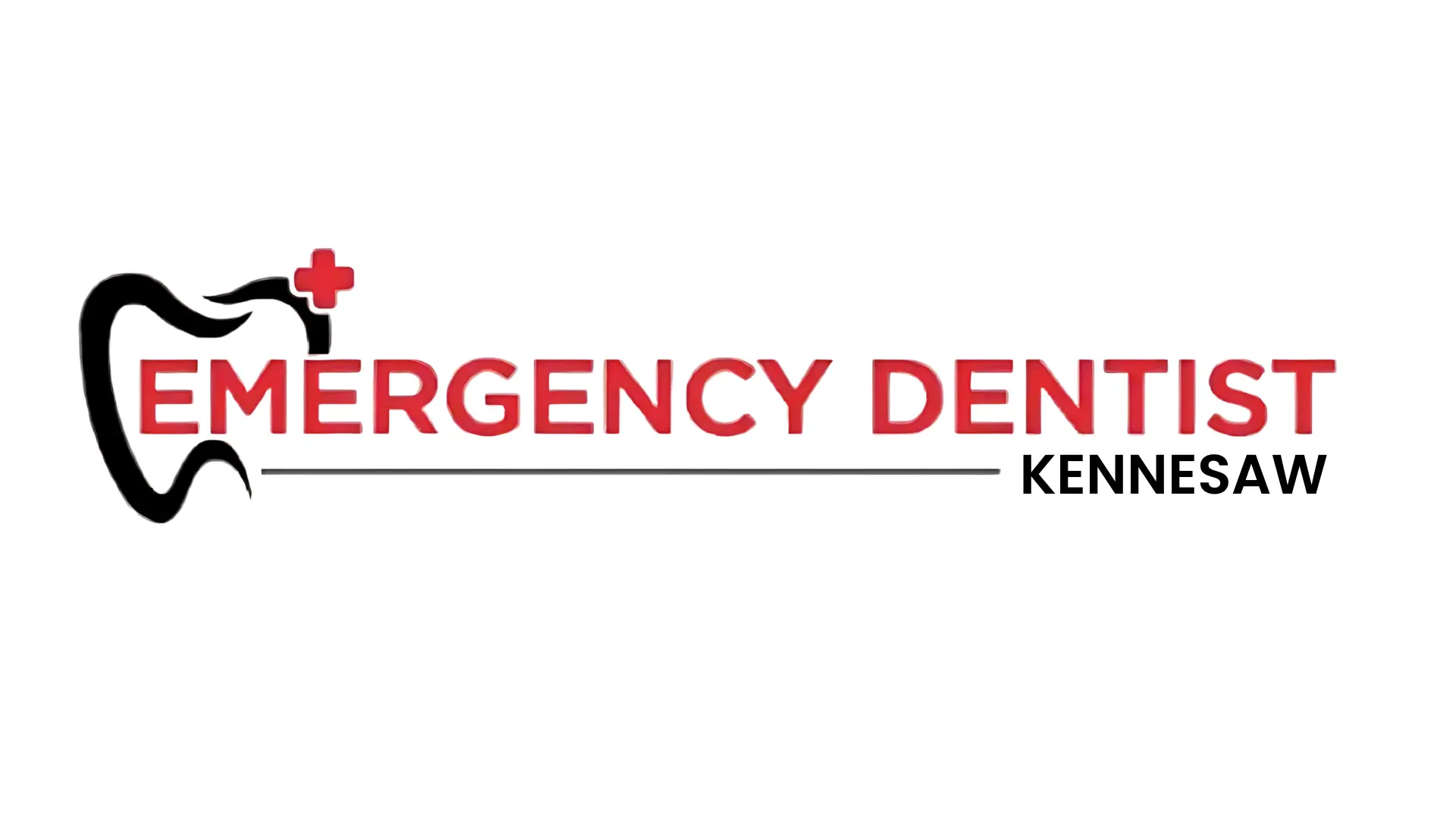Headaches and Tooth Pain: Linked?
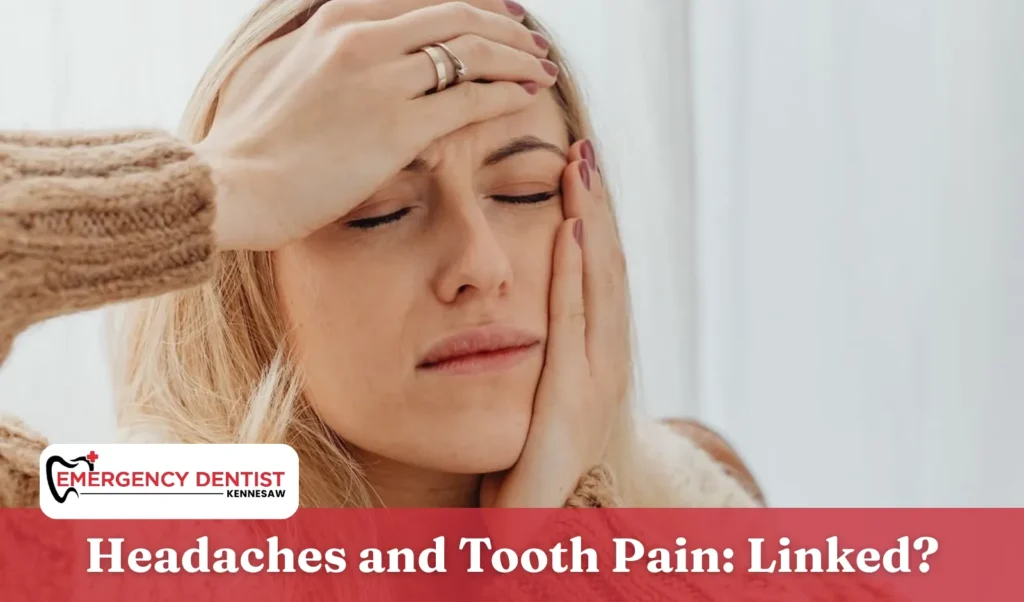
Have you ever asked yourself, can tooth pain cause headaches? The short answer is: absolutely. Dental problems like infections, gum disease, or jaw misalignment can cause more than just a toothache, they may also trigger a headache, sometimes severe enough to interfere with daily life. From tooth pain while pregnant to discomfort during dental treatments, your oral health may be the hidden culprit behind your head pain.
How Tooth Pain and Headaches Are Linked
Your mouth and head are intricately connected, primarily through the trigeminal nerve, a major nerve responsible for facial sensations. This nerve spans the jaw, cheeks, eyes, and forehead. When dental issues like an infected tooth, TMJ (temporomandibular joint disorder), or gum disease irritate the trigeminal nerve, it can result in referred pain, pain felt in one area of the body but originating from another. That’s how a seemingly simple tooth problem can lead to a tooth pain, headache or even mimic a migraine.
How Tooth Pain and Headaches Are Linked
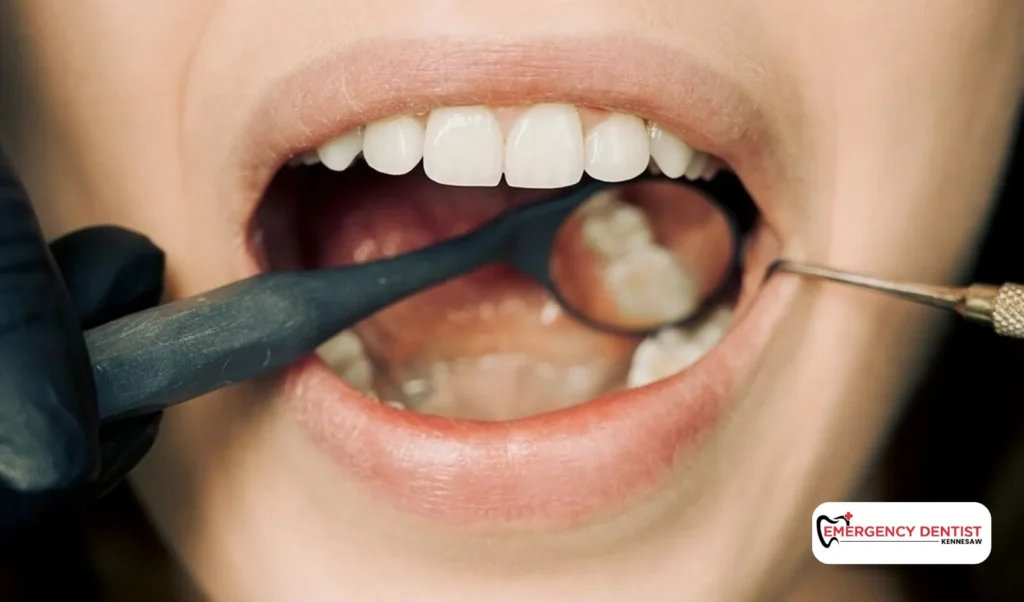
Several dental health issues can lead to headache and tooth pain. Here are the most frequent culprits:
Tooth Infections & Abscesses
An infected tooth or untreated cavity can lead to nerve inflammation, causing intense toothaches and headaches.
Teeth Grinding (Bruxism)
Grinding your teeth places excessive pressure on the jaw, often leading to tension headaches.
TMJ Disorders
Misalignment or dysfunction of the temporomandibular joint (TMJ) can lead to facial pain, jaw stiffness, and chronic headaches.
When wisdom teeth don’t emerge properly, they may create pressure in the jaw and contribute to sinus infection, like headaches.
Sinus Infections
Due to their proximity to the upper teeth, sinus infections can cause facial pressure and pain that may be mistaken for a toothache.
Cracked Tooth Syndrome
Hairline fractures that are hard to detect can stimulate the inner tooth nerves, leading to sharp pain and headaches.
How Dental Professionals in Kennesaw Diagnose the Cause
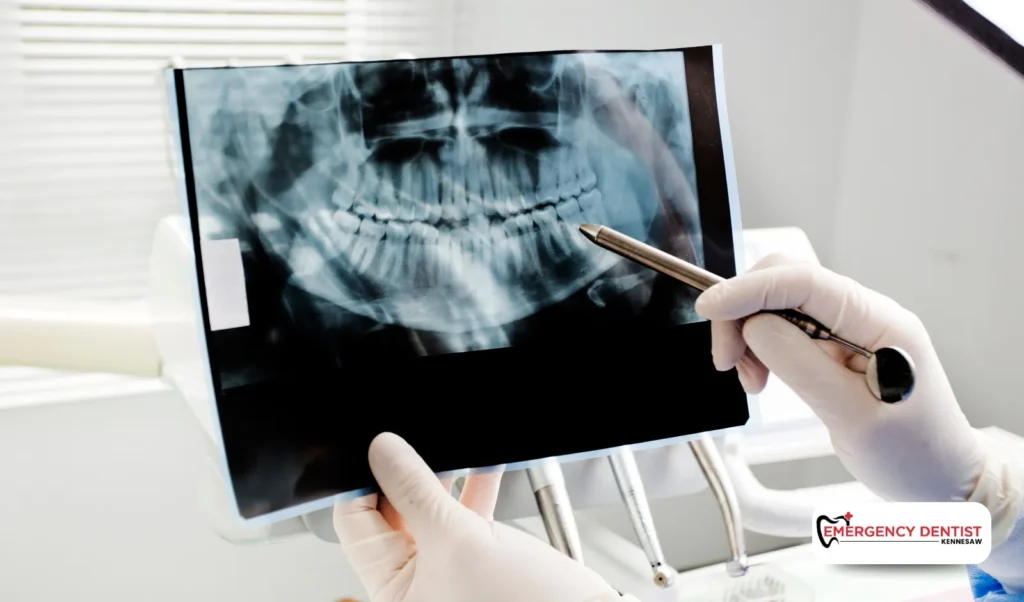
To get to the root of your tooth pain headache, a dental professional may perform:
- A thorough visual exam for decay, cracks, or abscesses
- Digital X-rays to inspect the roots of the teeth and their proximity to sinus cavities
- An evaluation of TMJ function and signs of bruxism
- A detailed review of your headache symptoms, frequency, and triggers
When to Call an Emergency Dentist in Kennesaw
Some conditions require immediate attention. You should contact an Emergency Dentist in Kennesaw if you experience:
- Severe, persistent toothache or headache
- Swelling of the face or gums
- Fever or signs of a tooth abscess
- Trouble chewing, biting, or opening your mouth
- Suspected TMJ disorder or cavernous sinus thrombosis (a rare but serious complication from untreated infections)
Preventive Dental Care Tips to Avoid Headaches
Proper dental care is essential for overall oral health and can help prevent the onset of headache and tooth pain. Here are a few tips:
- Brush and floss daily with a soft-bristled toothbrush
- Use a custom night guard if you grind your teeth
- Avoid sugary foods that contribute to gum disease and cavities
- Use caution with strong teeth whitening treatments that can increase sensitivity
- Schedule regular dental procedures and checkups
- Use home remedies like applying a cold compress for short-term relief
Special Consideration: Tooth Pain During Pregnancy
Pregnant women are more prone to tooth pain while pregnant due to hormonal changes and morning sickness, which can lead to enamel erosion and gum inflammation. This discomfort can radiate and cause headaches. Most dental treatments are safe during the second trimester, but always consult your provider first.
Take Action: Get Relief from Tooth-Related Headaches in Kennesaw
So, can tooth pain cause headaches? Yes, without a doubt. From TMJ and infected teeth to sinus issues, dental problems are a frequent and often overlooked source of head pain. Early diagnosis and appropriate dental treatments are critical to avoiding severe complications, such as cavernous sinus thrombosis.
If you’re experiencing ongoing toothaches and headaches in Kennesaw, GA, don’t delay. Contact a trusted emergency dentist today to protect your oral health and find lasting relief.
Frequently Asked Questions
Can tooth pain genuinely result in headaches?
Yes, tooth pain can indeed lead to headaches. This typically occurs when dental conditions such as an infected tooth, gum disease, or a temporomandibular joint (TMJ) disorder, irritate the trigeminal nerve, which connects the teeth, jaw, and face to the brain. This irritation may cause referred pain, manifesting as a tooth pain headache.
Which dental conditions are most frequently associated with headaches?
Several dental issues are commonly linked to toothaches and headaches, including tooth abscesses, bruxism (teeth grinding), impacted wisdom teeth, TMJ disorders, and cracked tooth syndrome. These conditions may inflame nerves or place stress on facial muscles, resulting in either persistent or acute head pain.
What role does the trigeminal nerve play in tooth and head pain?
The trigeminal nerve is the primary sensory nerve for the face, including the teeth and jaw. When this nerve is irritated due to dental infections, TMJ dysfunction, or other oral health issues, it can cause referred pain that extends beyond the mouth and presents as both headache and tooth pain.
Can TMJ disorder contribute to both headaches and tooth discomfort?
Yes, temporomandibular joint disorder (TMJ) can result in jaw misalignment, muscle strain, and nerve inflammation. These factors often lead to chronic headaches, facial discomfort, and varying degrees of tooth sensitivity or pain.
